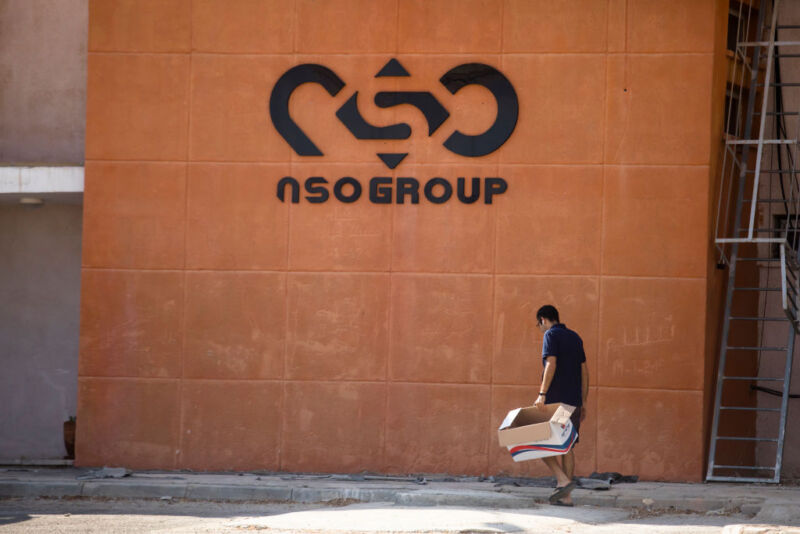
reader comments
135 with 91 posters participating
In February 2019, an Israeli woman sat across from the son of Uganda’s president and made an audacious pitch—would he want to secretly hack any phone in the world?
Lt. General Muhoozi Kainerugaba, in charge of his father’s security and a long-whispered successor to Yoweri Museveni, was keen, said two people familiar with the sales pitch.
After all, the woman, who had ties to Israeli intelligence, was pitching him Pegasus, a piece of spyware so powerful that Middle East dictators and autocratic regimes had been paying tens of millions for it for years.
But for NSO, the Israeli company that created Pegasus, this dalliance into East Africa would prove to be the moment it crossed a red line, infuriating US diplomats and triggering a chain of events that would see it blacklisted by the commerce department, pursued by Apple, and driven to the verge of defaulting on its loans, according to interviews with US and Israeli officials, industry insiders, and NSO employees.
A few months after the initial approach, NSO’s chief executive, Shalev Hulio, landed in Uganda to seal the deal, according to two people familiar with NSO’s East Africa business. Hulio, who flew the world with the permission of the Israeli government to sell Pegasus, liked to demonstrate in real time how it could hack a brand-new, boxed iPhone.
The eventual business was small for NSO. A person familiar with the transaction said it brought in between $10 million and $20 million, a fraction of the $243 million that Moody’s estimated the privately owned NSO made in revenues in 2020.
But about two years after the sales pitch, someone deployed Pegasus to try to hack the phones of 11 American diplomats and employees of the US embassy in Uganda, according to two US officials, who spoke after notifications were sent out by Apple when the iPhone maker discovered and closed a flaw in its operating system in November.
It is not clear who tried to hack the US citizens. Uganda’s neighbor, Rwanda, had also been using Pegasus to hack phones inside Uganda, but the revelation shocked the US. NSO has always told its customers that US phone numbers are off-limits. In this case, all 11 targets were using Ugandan numbers but had Apple logins using their State Department emails, according to the two US officials.
© 2021 The Financial Times Ltd. All rights reserved Not to be redistributed, copied, or modified in any way.






